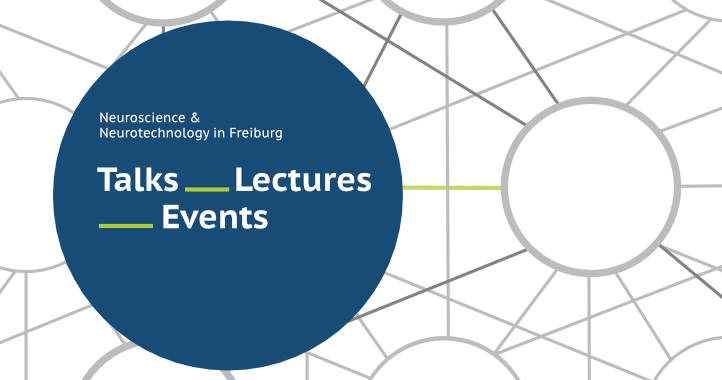Prasanth Velvaluri: Un-Folding the Future - Intelligent Materials for Personalized Brain Implants
| When |
Jul 08, 2025
from 03:00 PM to 03:45 PM |
|---|---|
| Where | IMBIT NEXUS Lab, Georges-Köhler-Allee 201, 79110 Freiburg |
| Add event to calendar |
|
Abstract
Smart materials that can actively change their shape in response to external stimuli are gaining significant attention in the field of medical technology. Among these, Nitinol—a well-known shape memory alloy—stands out due to its remarkable superelastic properties, making it an ideal candidate for minimally invasive medical devices such as stents. When combined with microelectromechanical systems (MEMS), Nitinol-based devices can be further enhanced to offer patient-specific geometries and integrated smart functionalities, paving the way for next-generation biomedical implants.
In the talk, I will explore the potential of intelligent materials in advancing medical implants that are not only tailored to individual patient anatomy but also capable of performing additional functions.
The first part of the presentation will focus on thin-film Nitinol and its application in treating intracranial aneurysms—dangerous bulges in brain blood vessels. Current implants lack the flexibility to adapt to the complex and unique geometry of each patient and offer limited scope for functional enhancements. I will present various strategies to overcome these challenges, with particular emphasis on a promising approach inspired by Origami. By leveraging Origami-based design principles, we can fold thin-film Nitinol stents to a fraction of their original size and reliably unfold them using the material’s inherent superelasticity or shape memory effect. These designs also allow certain regions to remain nearly stress-free during deformation, enabling the integration of delicate electronic components. This opens the door to creating multifunctional smart implants with embedded sensing or therapeutic capabilities.
In the second part of the talk, I will shift focus to magnetoelectric (ME) antennas—composite structures that combine piezoelectric and magnetostrictive materials. These materials exhibit unique coupling effects, allowing magnetic properties to be influenced by electric fields and vice versa. Recent developments have demonstrated that ME materials can be used to fabricate highly compact antennas operating in the ISM band (~2.4 GHz). Because they function at acoustic resonance, these ME antennas are up to five orders of magnitude smaller than conventional antennas operating at the same frequency. By incorporating exchange-biased magnetic layers, their performance can be further enhanced. Importantly, their miniature size and compatibility with MEMS fabrication techniques make it feasible to integrate ME antennas directly onto Nitinol-based implants—offering exciting possibilities for fully integrated, wireless smart biomedical devices.
When
Tuesday, July 08, 2025, 3:00 PM
Where:
IMBIT NEXUS Lab, Georges-Köhler-Allee 201, 79110 Freiburg
About
Host
Program
https://www.brainlinks-braintools.uni-freiburg.de/events/e-id/2025/07/08/event/ical/671/


